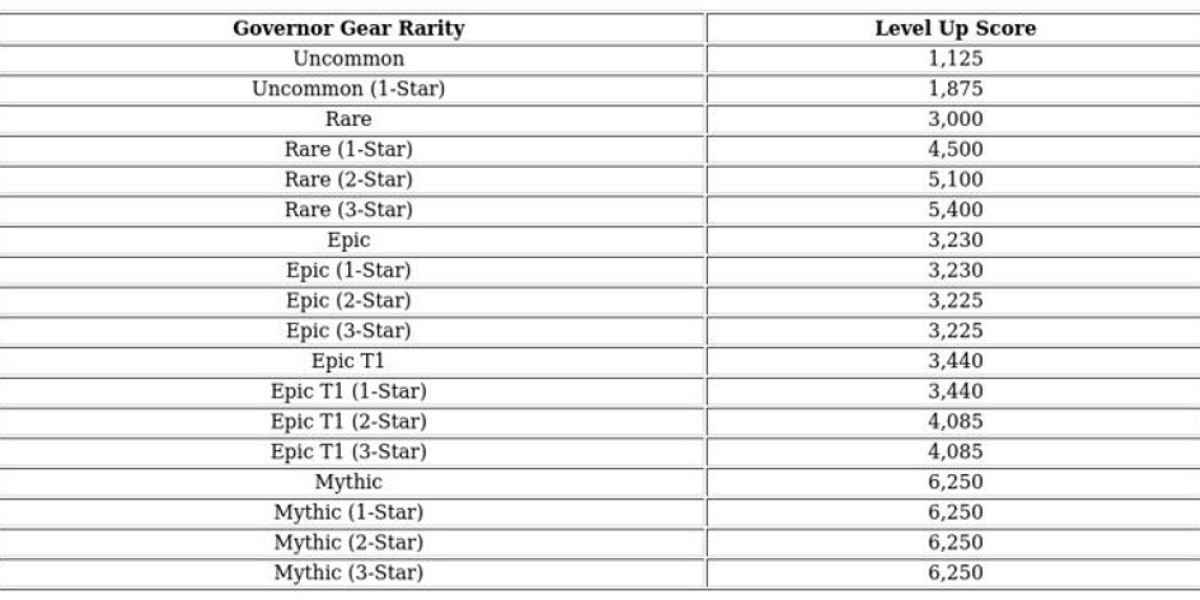Blog:
Buying vs Renting Property: Which is the Right Choice for You?
Deciding between buying and renting a property is a major financial and lifestyle decision. Both options have their own benefits and drawbacks, and the best choice depends on your goals, finances, and future plans. In this blog, we’ll break down the main factors that can help you determine whether buying or renting is the right move for you.
1. Initial Cost and Financial Commitment
Buying:
When you buy a property, the upfront costs are significantly higher. These include a down payment (usually 10-20% of the property value), registration charges, legal fees, and loan processing fees. However, your monthly EMI contributes to owning an asset.
Renting:
Renting requires minimal upfront cost—just a security deposit and the first month's rent. This makes it easier for individuals who don’t have large savings. But unlike EMIs, rent payments don’t build equity.
2. Long-Term Investment
Buying:
Property ownership is a long-term investment that can appreciate over time. If the market performs well, you could gain substantial returns. Additionally, you have the option to sell or rent the property in the future for income.
Renting:
Renting doesn't offer any financial return. While it saves you from maintenance costs and property taxes, it doesn’t contribute to wealth creation.
3. Flexibility and Mobility
Buying:
Homeowners are tied to a location unless they sell or rent their property. This can be restrictive for those with transferable jobs or plans to relocate.
Renting:
Renters enjoy greater flexibility. If you need to move for work or personal reasons, you can do so easily after your lease expires.
4. Maintenance and Responsibility
Buying:
Homeowners bear the full responsibility for maintenance, repairs, property taxes, and upgrades. These costs can add up over time but also allow for personalization and renovations.
Renting:
Landlords usually handle major repairs and maintenance. Renters are generally responsible only for basic upkeep and minor fixes, which reduces stress and cost.
5. Tax Benefits and Legal Rights
Buying:
Homeowners in India can claim tax deductions on home loan interest and principal repayment under sections 24(b) and 80C of the Income Tax Act. Ownership also grants more legal control over the property.
Renting:
Tenants can claim House Rent Allowance (HRA) tax benefits if they live in rented accommodations and receive HRA as part of their salary. However, they have limited legal rights compared to owners.
Conclusion
Whether to buy or rent depends on your personal goals, job stability, financial readiness, and long-term plans.
Buy if you’re financially stable, looking to invest long-term, and want stability.
Rent if you value flexibility, lower financial responsibility, and short-term living.
Important Links
Tengah Garden Residence Showflat
Tengah Garden Residence Developer
Tengah Garden Residence Showflat
How to Use a 1031 Exchange for Real Estate
How to Flip Your First House Step-by-Step
How to Invest in Real Estate for Beginners
Types of Real Estate Properties to Buy
Difference Between Residential and Commercial Real Estate
Tengah Garden Residence Floor Plans







